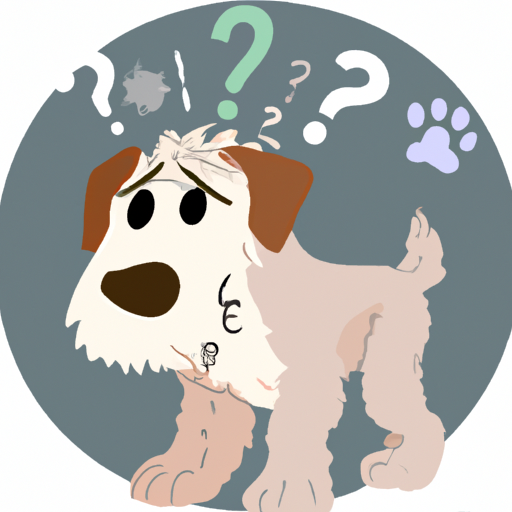As a devoted dog parent, it can be distressing to find your furry friend’s hair littering your home. Hair loss in dogs, known as alopecia, can be a symptom of a variety of health issues. While some shedding is completely normal, excessive hair loss is a cause for concern. From parasites and allergies to hormonal imbalances and poor nutrition, a multitude of factors can contribute to your dog’s hair loss. This comprehensive guide outlines the common causes of hair loss in dogs and offers practical advice on how to prevent and address this issue.
Table of Contents
– Common Causes of Hair Loss in Dogs
– Signs and Symptoms of Hair Loss in Dogs
– Diagnosis and Treatment of Hair Loss in Dogs
– Prevention and Home Remedies for Hair Loss in Dogs
– FAQs
Key Takeaways
– Numerous factors can cause hair loss in dogs, including parasites, allergies, hormonal imbalances, and poor nutrition.
– Early detection is crucial in addressing hair loss in dogs.
– Regular vet check-ups and a balanced diet can help prevent hair loss in dogs.
Common Causes of Hair Loss in Dogs
Hair loss in dogs is often a sign of underlying health issues. Here are some of the most common causes:
1. Parasites: Fleas, mites, and ticks are common parasites that can cause severe itching and subsequent hair loss in dogs. Mange, caused by mites, is a particular concern.
2. Allergies: Dogs, like humans, can have allergic reactions to certain foods, environmental factors (such as pollen or dust mites), and substances they come into contact with (like certain fabrics or cleaning products). These allergies can lead to skin irritation and hair loss.
3. Hormonal imbalances: Conditions such as hypothyroidism and Cushing’s disease can disrupt your dog’s hormonal balance, resulting in hair loss.
4. Poor nutrition: A diet lacking in essential nutrients can lead to poor coat condition and hair loss.
Signs and Symptoms of Hair Loss in Dogs
Aside from the obvious sign of hair loss, other symptoms may accompany this condition. These include:
- Redness or inflammation of the skin
- Scabs or sores on the skin
- Changes in behavior such as increased scratching or licking
- Changes in appetite or weight
If you notice any of these symptoms, it’s important to seek veterinary advice. Early detection can significantly improve your dog’s prognosis.
Diagnosis and Treatment of Hair Loss in Dogs
Diagnosing hair loss in dogs typically involves a physical examination and possibly lab tests, such as skin scrapings, blood tests, or biopsies. Once the cause is identified, your vet will recommend a course of treatment. This might involve medication to treat parasites or allergies, hormone therapy for endocrine disorders, or dietary changes for nutritional deficiencies. For more complex cases, you may be referred to a veterinary dermatologist.
Prevention and Home Remedies for Hair Loss in Dogs
Preventing hair loss in dogs primarily involves regular vet check-ups and maintaining a balanced diet. Regular grooming can also help keep your dog’s coat healthy and allow you to spot any changes early. Avoiding allergens and ensuring your dog is protected against parasites will also help prevent hair loss.
If your dog is already experiencing hair loss, some home remedies may help. These include applying coconut oil to soothe the skin and adding omega-3 fatty acids to your dog’s diet to improve skin health. However, always consult your vet before starting any home treatment.
FAQs
1. Why is my dog losing hair in patches?
Patchy hair loss can be a sign of localized issues such as fungal infections, mites, or hot spots. It’s important to consult your vet for an accurate diagnosis.
2. Can stress cause hair loss in dogs?
Yes, just like humans, dogs can lose hair due to stress. If you suspect stress is the cause, it’s worth exploring ways to reduce your dog’s stress levels.
3. How can I prevent my dog from losing hair?
Regular vet check-ups, a balanced diet, and good grooming practices are key to preventing hair loss in dogs.
Remember, while some hair loss is normal, excessive hair loss or additional symptoms warrant a visit to the vet. Understanding the potential causes of hair loss in dogs allows you to be proactive about your pet’s health and well-being.
For additional information on canine health and wellness topics, visit OneTopDog. Here are some specific articles you might find useful:
- Understanding Your Dog’s Skin Health
- The Importance of Regular Vet Check-ups
- Creating a Balanced Diet for Your Dog
By staying informed and proactive, you can ensure your furry friend stays happy, healthy, and hair-full.



